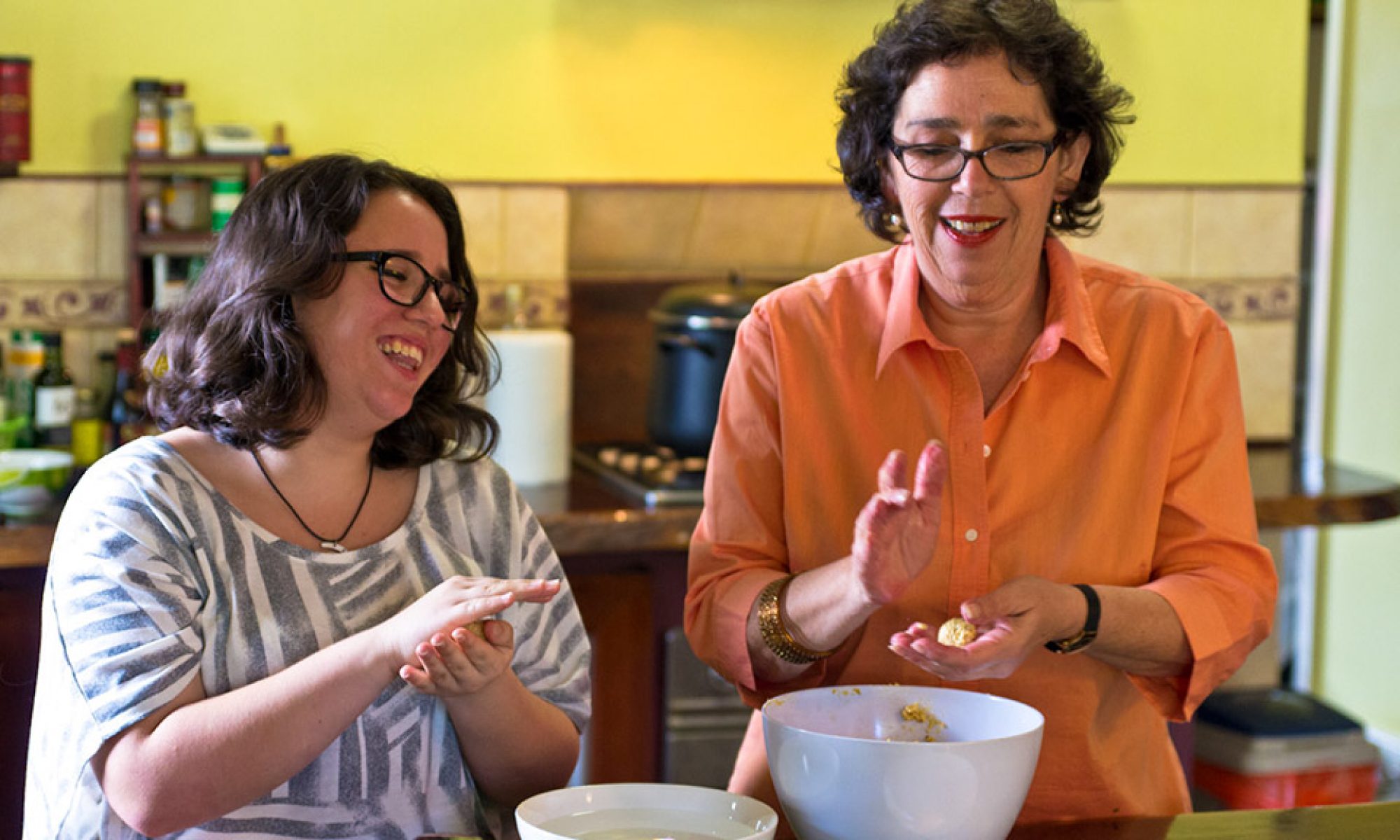This week in the Food Studies class I teach, the topic turned to food miles. Having newly learnt that much of our food comes from very far away, students have written guiltily and at length, of the scourge of the carbon footprint as another new manifestation of the problems of life in the 21st century, as though food has never travelled before.
When I tell them globalisation began with Colombus they look startled, as young people who have perhaps never learnt of him, or indeed any other historical figure, might.
Eminent anthropologist, Sidney Mintz argues in his monograph Sweetness and Power: The Place of Sugar in Modern History, that it all began with the sugar trade. You only have to consider the great sugar producing nations to see the truth of this. Not only did sugar travel across the world, so did the plants themselves and the labourers, and with horrifying consequences.
The Caribbean was largely repopulated by slaves from Africa while indigenous populations were eradicated. And what of us? Australia’s history of “blackbirding ” of Pacific Islanders to cut sugar cane in Queensland is no less shameful.
This history is of course rarely considered as we tuck into ginger cake, lamingtons or banana bread. These traditional afternoon tea delights are redolent of our British origins. It’s just that we forget how closely tied those origins are to our colonial past.
My grandmother and my mother grew up in the cold, working class, north of England and their dietary preferences reflected those origins. Friday night dinners shared with Nana would inevitably end with “pudding”. This pudding might emerge from any number of strange, but available, ingredients, custard and jam being amongst them. But always desiccated coconut, which I have since grown to loath, my admiration for the origins of that archetypal Aussie sweet, the mighty lamington, not withstanding.
However desiccated coconut, bananas and ginger (powdered, preserved in syrup or candied) have long been staple treats of the British diet. Of course they speak to us of Empire – of the days when Britannia ruled the wave and her British (and Australian) subjects could enjoy the fruits of empire: tea and sugar being foremost amongst them.
We might think those retro sticky date puddings (there’s another one – no date palms in the Old Dart) are very last decade but as sure as winter follows autumn these sweet delights will grace menus this winter, yet again. What of the health messages, the diabetes epidemic, the obesity epidemic? They didn’t emerge from a culture which makes its own puds on special occasions. They are more likely to result from an assault on the freezer compartment of your supermarket, while a homemade pudding offers the enjoyment of shared activity, sense of accomplishment and real flavour.
Less of Sara Lee and more of Margaret Fulton I say. What was that Noel Coward said, something about everything old being new again?
Dr Felicity Newman is a member of the Centre for Everyday life at Murdoch University

